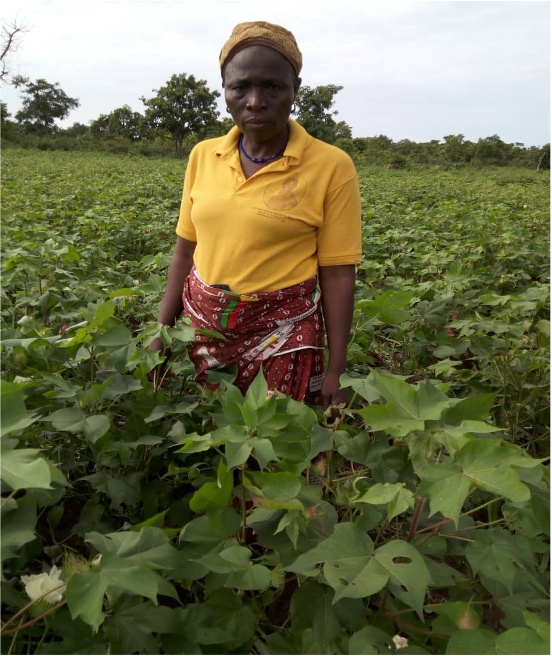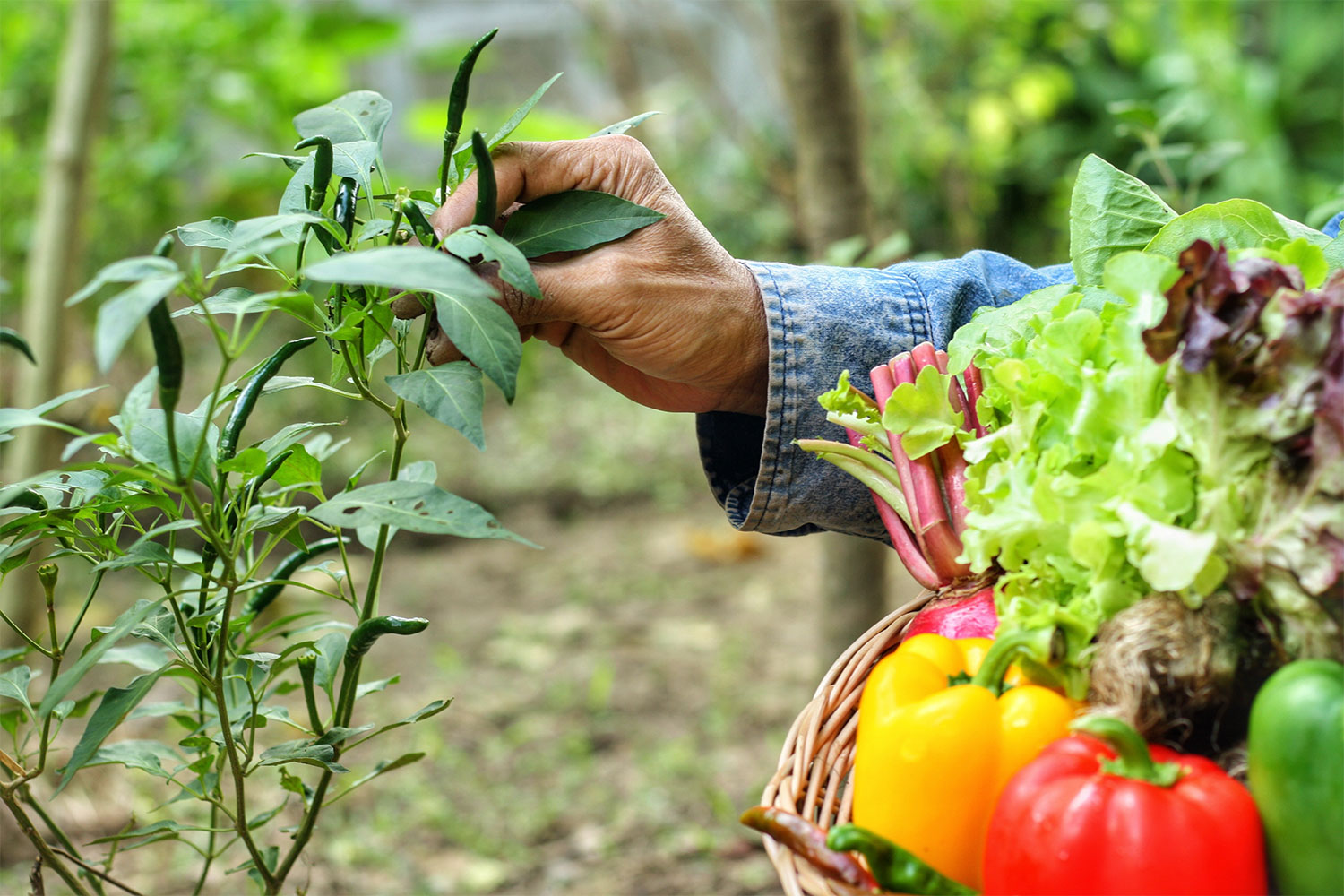This write-up is based on a session organised by PAN Asia Pacific at the Oxford Real Farming Conference 2023 entitled “From Sri Lanka to Mexico: Government Failures and Grassroots Solutions to Advance Agroecology.” A video recording of the session can also be found below.
Agroecology is an economically viable and socially just approach to sustainable agriculture and food systems. Grounded in ecological and social principles and the integration of science with local and Indigenous knowledge and practice, it emphasises farming in harmony with nature, and the political approach of food sovereignty — including the right to produce and access nutritious and culturally appropriate food.
Public policies that support the transition from pesticide dependence to agroecology offer the opportunity to transform our food systems. However, experience from several countries show that these policies need a commitment to democratic participation and a long-term vision in order to succeed.
Grassroot advocates say that Sri Lanka’s failed “overnight” ban on agrochemicals stems from the lack of a planned transition process, and accompanying policies that support farmers’ capacity building and infrastructure for agroecological farming.
For decades, Sri Lanka promoted chemical-intensive industrial farming. This resulted in human health and environmental harms as well as decreased soil fertility, forcing farmers to increase synthetic fertilizers and pesticides use. Among the more prominent cases of poisoning are kidney diseases that afflicted dozens of sugarcane workers exposed to pesticides, according to Chathu Sewwandi of Vikalpani Women’s Federation.
In April 2021, then-President Mahinda Rajapaksa announced a ban on all chemical fertilisers and pesticides imports. However, farmers who are dependent on chemical inputs were inadequately prepared or trained by the government to move to organic farming. After a few months, the ban was recalled as harvests plummeted.
What did not come out much in the global conversation was that the move to restrict agrochemical imports was also an attempt by the government to stave off a debt crisis, according to Sewwandi. The country was spending around USD 400 million in agrochemical imports. Much of the country’s foreign currency reserves were already depleted due to the collapse of the tourism industry—which the economy was dependent on—during the COVID-19 pandemic.
“Worse, when the ban was lifted, the government granted the private sector permission to import agrochemicals. This then resulted to an increase in prices of inputs, further burdening farmers who used to get subsidised inputs from the government,” Sewwandi explained.
The government’s “narrow concept” of organic farming solely as replacing chemical fertilizers was also partly to blame. “There has to be a more long-term vision towards agroecology, as part of agricultural policies that prioritise small food producers. This includes research and development, extension services, diversification of production, enhancement of agrobiodiversity, animal husbandry, multi-cropping, and strengthening of local markets,” she said.

Spain and Argentina
In contrast to Sri Lanka’s experience, two case studies of successful policy initiatives in Spain and Argentina were presented by Marcia Ishii, PAN North America senior scientist.
In Valencia, Spain’s third most populous city, the Municipal Food Council is leading an agroecological transition. Public concerns over the degradation of around 11,000 hectares of heritage farming lands—recognised as such due to traditional irrigation canals—led to a two-year participatory planning, culminating in the establishment of the Council in 2018. The Council leads in comprehensive food systems planning, including an organic production plan to reduce pesticide use over time. It worked to “address power asymmetries” in order to “build trust across people,” and also tried to set a common language and understanding around food sovereignty, the right to food, and agroecology.
The Council’s achievements include setting up the Participatory Guarantee System (a farmer-led alternative to third-party organic certification), organic food procurement for school canteens, and the expansion of market space for small-scale producers by shortening the supply chain.
“What we can learn from Valencia is that bottom-up, participatory and democratic processes can lay the groundwork for an agroecological transformation based on the hard work of developing a shared vision and values,” Ishii said.
Meanwhile, in the province of Misiones, Argentina, the Ministry of Family Agriculture is supporting the food sovereignty objectives of 30,000 farm families. Based on information from Marta Isabel Ferreira, agriculture minister of Misiones, the province passed several laws and programs to transition away from chemical farming, such as:
- Law to Promote Agroecological Production (2014)- Utilizes System of Participatory Certification to Establish agroecological standards and ensure access to agroecological products for the entire population
- Family Farming Law (2015)- Promotes biodiversity conservation and protection of natural resources and Recognizes environmental services provided by family farming with incentives
- Provincial School Garden Program (2018)- Establishes school gardens across the province and teaches children about the right to food
- Provincial Food Sovereignty Program (2019)- Promotes secure access to land and water to encourage agroecological production; provides training courses and Agroecology diploma programs to youth
- Protection of Native Seeds & Support of Local Solidarity Markets (2020)- Declares provincial interest in native & creole seeds and ways of propagation that maintain genetic diversity and guarantees protection of native seeds
Mexico
Mexico gained prominence with its move to protect the environment and its people by phasing-out glyphosate and banning genetically-modified corn, despite strong industry pressure.
The Intersectoral Group on Health, Food, Environment and Competitiveness (GISAMAC), convened under President Andrés Manuel López Obrador, aims for an agroecological transition that is integrated across health, environment, agriculture and educational sectors. According to Cecilia Elizonde of ECOSUR, an academic and government adviser, the GISAMAC is working towards a “new agri-food and nutritional paradigm” that is centred on peasant and indigenous agriculture.
The GISAMAC aims to “recover the capabilities” of small-scale Mexican farmers, which make up 93% of the farming population. Actions for scaling-up agroecology include the establishment of agricultural credit with incentives for agroecological practices, shorter supply chains, and promotion of intergenerational learning and practices such as local production of bioinputs and participatory seed selection.
“Before, the government prioritised big farmers. Now, we want to reverse that and bring support to small and medium farmers. Technicians must also learn from the peasant… In the past technical support would mean that somebody from the government would come and leave. Now, we accompany peasants through all the different phases [of production],” Elizonde said.
The Technical Support Strategy by the GISAMAC is now employed in 3,300 Field Schools in 35 Regions, 27 States, and 500 Municipalities across Mexico, with 1,168 agroecological and social technicians. The strategy has resulted in reduction of glyphosate use and increase in production of bioinputs. Field Schools generate around 3 million liters of liquid and 18,225 thousand tons of solids bioinputs.
There are also efforts to craft a law for the gradual reduction of highly toxic agrochemicals and on agroecology. In 2020, Mexico passed a Federal Law for the Promotion and Protection of Native Corn.
Strong movements
To sum, for farmers to successfully replace pesticides use with agroecology, “there needs to be the existence of strong social movements who can articulate community demands and engage policymakers,” said Ishii.
On the other hand, policymakers need to commit to participatory planning processes and provide investment for institutional support—”such support can provide a safe container for such a planning process to take place over time,” she added.
Above all, the transition to agroecology requires political commitment to broad principles of food sovereignty and human rights—the right to food, to heath, clean water and the environment, farmer and indigenous peoples rights.###








Discussion about this post